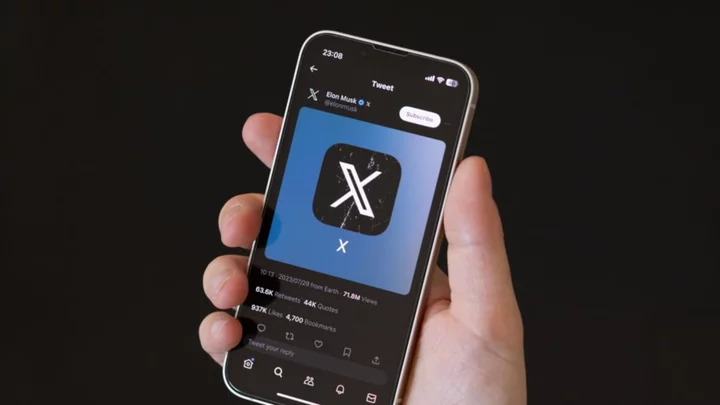Meta is adding new safeguards and monitoring tools for teens across its social platforms: parental controls on Messenger, suggestions for teens to step away from Facebook after 20 minutes, and nudges urging young night-owl Instagrammers to stop scrolling.
The features announced Tuesday come as Meta and other social media platforms face heightened pressure from lawmakers over the impact that their platforms have on younger users, who can be just 13 when they sign up for Meta's apps.
Messenger, Meta's instant-messaging app, is adding parental supervision tools for the first time that are similar to those that exist on Instagram already: Parents and guardians can see how much time their teens spend on the chat tool, view and receive updates on their contacts list, and get notified if their teen reports someone.
Another new feature is the ability for parents and teens to have discussions directly through notifications if their accounts are synced up.
"We heard from parents and teens about the value they're seeing from how a two-way dialogue can foster and encourage discussions," Diana Williams, who oversees product changes for youth and families at Meta, told CNN in an interview.
On Facebook, Meta will start to nudge teen users to take time away from the app after 20 minutes.
Instagram will add introduce a new nudge that suggests teens close Instagram if they're scrolling Reels videos for too long during nighttime hours. The effort builds on existing Instagram features like Quiet Mode, which temporarily holds notifications and lets people know if you're trying to focus.
In addition, Instagram is testing a feature that limits how people interact with non-followers. Users must now send an invite to connect with someone if they're not a follower, and they cannot call the recipient or send photos, videos or voice messages or make calls until the user accepts their request. The feature aims to cut down on unwanted content from strangers, particularly for women, the company said.
It's the latest in a series of new tools and guardrails for teens from Meta, following the release of leaked internal documents that found Instagram can negatively impact the mental health of its young users. Instagram, for example, has since introduced an educational hub for parents with resources, tips and articles from experts on user safety.
The company said it's also taking a "stricter approach" to the content it recommends to teens and will actively nudge them toward different topics, such as architecture and travel destinations, if they've been dwelling on any type of content for too long.
Few changes have been made to Facebook and Messenger until now. Facebook does, however, have a Safety Center that provides supervision tools and resources, such as articles and advice from leading experts.









